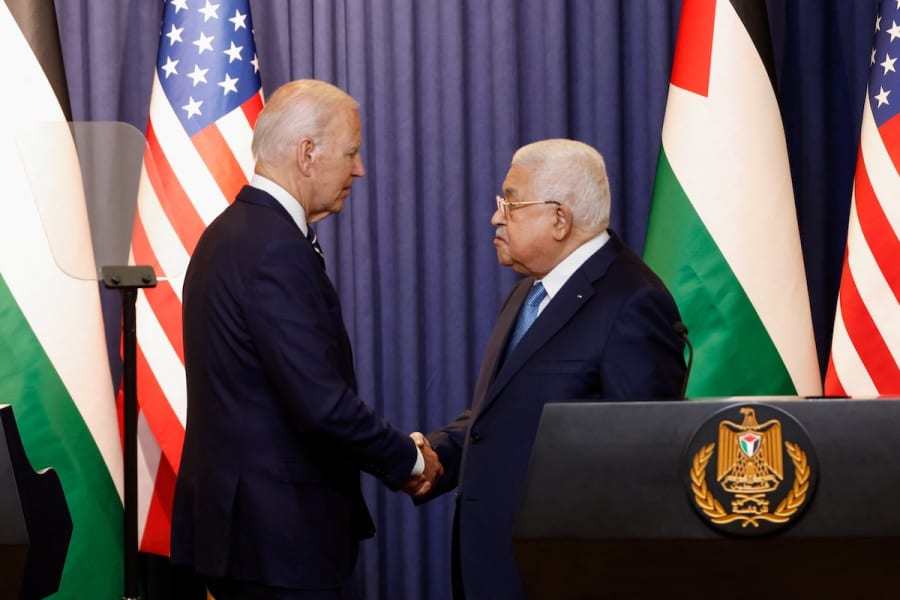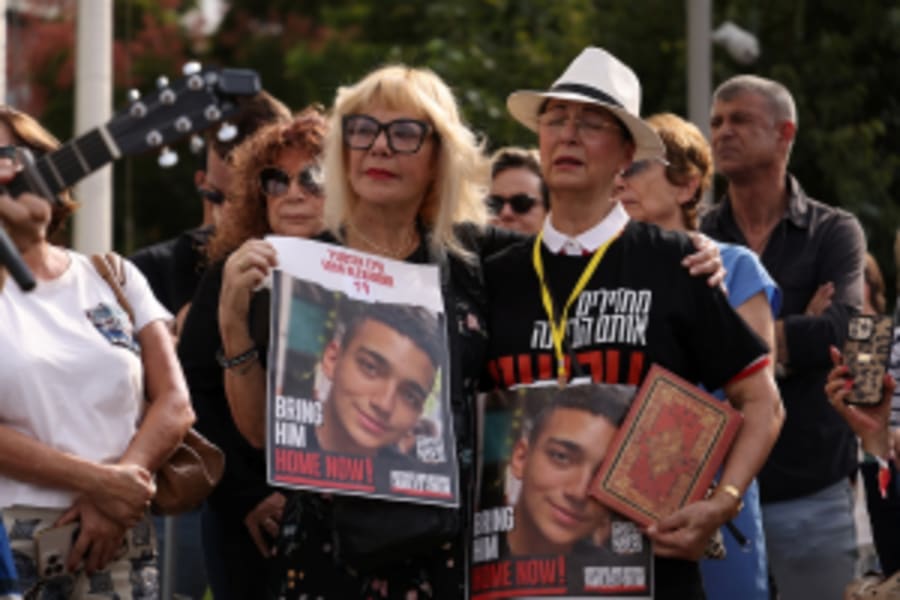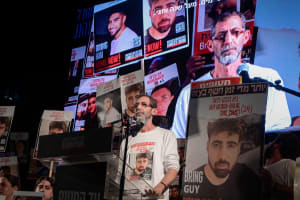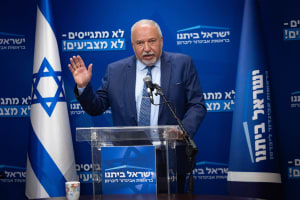US package deal: Announcement of plan for establishment of a Palestinian state 'within weeks'
Washington, together with a small group of Arab countries, is formulating a 'comprehensive plan for long-term peace between Israel and the Palestinians'

The Washington Post reported on Thursday morning a plan for the establishment of a Palestinian state which the United States is formulating with a small group of Arab countries.
This would include the completion of "a detailed, comprehensive plan for long-term peace between Israel and Palestinians, including a firm timeline for the establishment of a Palestinian state."
The U.S. newspaper reported that, according to the plan, the state to be established is expected to be announced "as early as the next several weeks."
The efforts to complete the plan are linked to the proposed deal, which includes a ceasefire in exchange for the release of the hostages.
This truce, which will last six weeks, will allow the plan to be announced publicly, gain support, and to take further steps to implement it, including the establishment of a temporary Palestinian government.
An American source said that a deal to release the hostages is the key to the plan.
However, while Washington and the Arab countries are working to promote it, there is concern that an IDF incursion in Rafah, which is opposed by the American administration in its current format, will harm efforts for releasing the hostages and future efforts for peace.
The U.S. newspaper also wrote that Israel is the obstacle to such a plan, the question being whether its government will agree to a large portion of the details discussed in it.
These include, among other things, a withdrawal from settlements in Judea and Samaria, the establishment of a Palestinian capital in East Jerusalem, the rehabilitation of Gaza, and integrated security arrangements for the administration of Judea and Samaria and Gaza.
The countries hope that Israel will also be offered targeted security guarantees and normalization vis-à-vis Saudi Arabia and other Arab countries, which Israel will have a hard time refusing.
After the publication of the report, Finance Minister Bezalel Smotrich responded: "We will not in any way agree to this plan, which, in effect, states that the Palestinians deserve a reward for the terrible massacre they committed against us: A Palestinian state with Jerusalem as its capital. I will demand today at the meeting of the State Security Cabinet to make an unequivocal decision, stating that Israel opposes the establishment of a Palestinian state and the imposition of sanctions on over half a million settlers."
American sources said that relations between U.S. President Joe Biden and Prime Minister Benjamin Netanyahu reached a boiling point in recent days, against the backdrop of the planned IDF operation in Rafah.
According to this morning's Wall Street Journal report, officials in the administration have tried to find ways to pressure Netanyahu not to take military action in Rafah until a comprehensive plan to allow for the maximum protection of civilians is presented.
However, Biden refused to use sanctions in the context of military aid as a means of doing so.
In a conversation that took place between the two leaders around Christmas time, American and Israeli sources said Biden was furious about the discussion with Israel about the need to minimize harm to civilians and asked for a shift to targeted actions, before announcing the conversation was over and hung up.
According to the report, U.S. officials said that last month, the administration considered sending a message of dissatisfaction to Israel, which included a change in policy from the Trump era.
For example, this would mean canceling the approval to mark goods produced in the settlements as "Made in Israel," as well as moving from the long-standing American policy that the settlements violate international law.
In addition, Washington considered imposing sanctions on Israeli ministers Itamar Ben Gvir and Betzalel Smotrich. Finally, it was decided to impose sanctions only on four settlers, as a "softening" of the administration's response.
Shiraz Tikva is a news correspondent for KAN 11.













